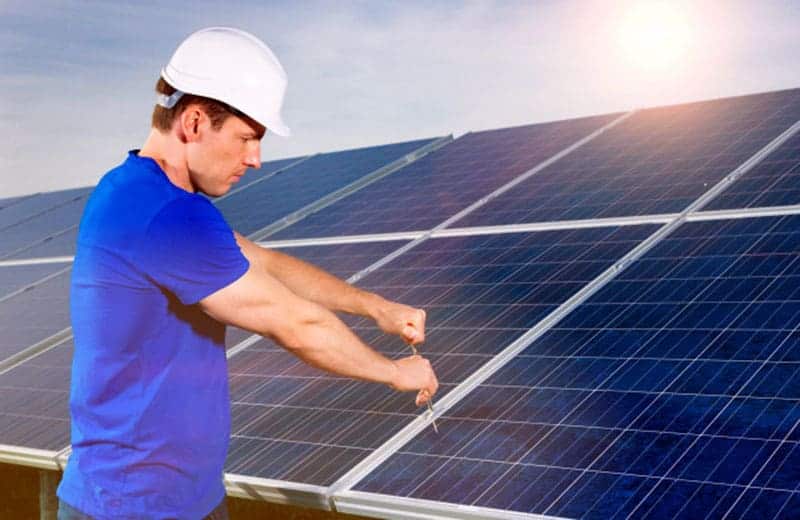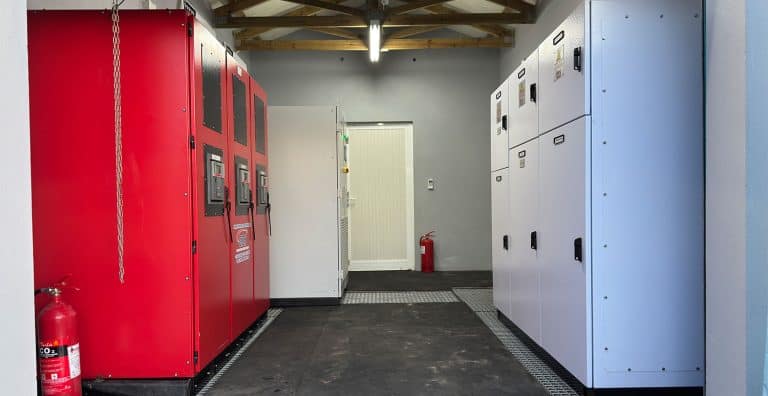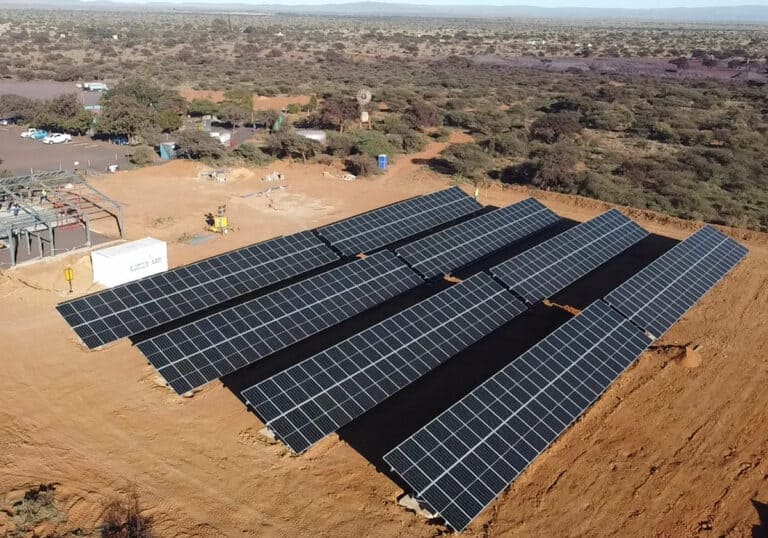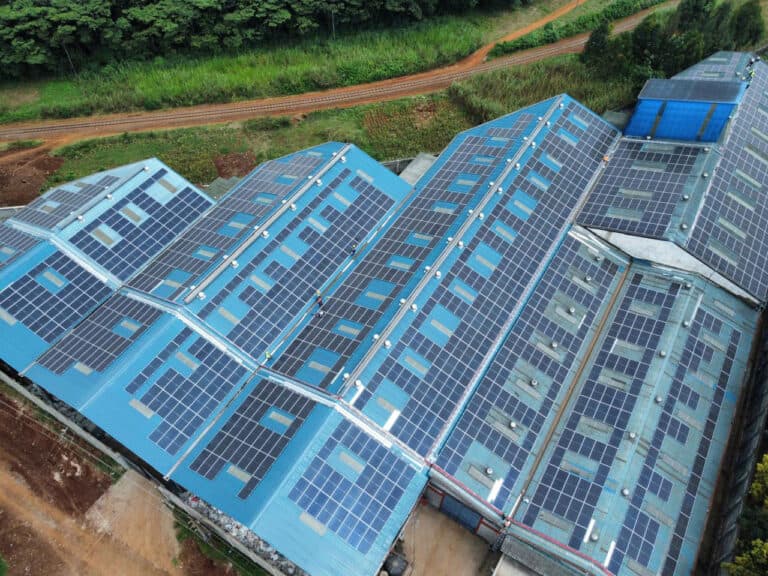The rising cost of living has pushed many people to look for alternative means of survival in various aspects. Some are even working triple jobs to meet their needs and maintain their lifestyles. Environmental pollution and the degradation of the overall environment has led to many energy producing companies to seek alternative methods of generating and supplying energy. In most instances many individuals as well as corporations are opting for the natural means such as wind propelled energy, geothermal energy and solar energy. All this is in a bid to reduce the effects of pollution and also to help in curbing the high expense of living.
The most utilized natural means of energy is solar energy because of its abundant supply. The sun’s light is all that is required for the generation of solar energy. Some solar technologies are so efficient that, the sun needs not to shine to provide sufficient energy. Solar energy has become the most utilized alternative form of energy worldwide by a number of corporations, manufacturing plants and individuals in their homes. It is already cheaper then fossil fuel energy in the developed world and quickly reaching similar levels in emerging markets.
Solar energy is captured through the use of solar panels and either converted into thermal energy or electricity depending on the technology. Thermal energy can be used for heating water for domestic/ industrial use or creating steam to run a turbine producing electricity.
Solar panels can also produce electricity directly, which can be used to run standard appliances just like power from the grid.
With increased competition and improved manufacturing, solar systems have become affordable. Affordable in the sense that the cost of electricity over the lifetime of the system is lower or similar to grid power. Once installed you are at liberty to enjoy the sun’s readily available energy in your business or home. The technology keeps improving and costs will keep coming down as more research and development takes place.
Further advantages include; it is an eco-friendly source of energy. It has no adverse effects on the environment as it is a clean energy source. In addition, using solar energy, assures you of continuous energy supply as the sun does not suffer power outages. Its light is enough to keep everything running. By integrating a battery bank, excess energy produced by solar panels can be stored for use at a later stage e.g. at night.
In conclusion, solar energy is a natural source of energy that is pragmatic for residential and large scale use. It is affordable and cheaper than grid power in most countries. It has empowered many to gain access to electricity where no grid is available. Its durability and robust, ideal for the tough African climate. It certainly helps alleviate power outages and grid problems.





